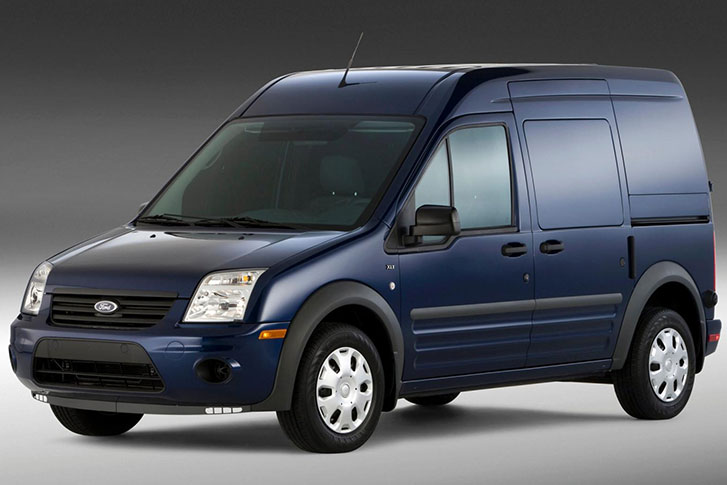A practical cabin, lots of space inside, safety kit and healthy engine make Ford Transit Connect a smart van to buy
Introduction:
The Transit is undoubtedly Britain’s most admired van, so the all-new Connect has to take quite a weight on its shoulders if it’s to keep the same level of each day usability, stability and capability as its big brother. Gratefully it produces on every count and in spite of being a smaller van it’s been victorious, in fact that it has been honored International Van of the Year 2014.
On the road, the Ford Transit Connect truly drives like a good family car and it has great space for plenty of cargo. The utmost payload is 1000kg, along with load volumes of as much as 4.4m3. There are also some truly clever particulars like folding front seats and also a hatch in the bulkhead to build carrying long planks and pipes possible. It’s simple to get to grips with and should present a comfortable environment even for the drivers who spend whole day at the wheel.
Engines:
The mainstream of Transit Connect variants are efficiently powered by a muscular 1.6-Litre diesel engine along with a choice of 75PS, 95PS or 115PS. The lower output models emerge with a five-speed transmission as the 115PS model appears with a six speed. There is also a 100PS 1.0-Litre EcoBoost petrol engine, next to a more powerful 1.6-Litre version mainly with 150PS. However, the 1.6 EcoBoost was phased out in 2016. Nevertheless as you’d hope, the 95PS diesel will be the support of the range and it’s quite easy to see why – it’s an adjustable engine that’s at home on some country roads or in town, whether the van is fully laden or unladed.
In gear performance, big thanks to torque of 230Nm and refinement is tremendous – the Transit Connect is as calm as a family car. The only genuine issue is the deficiency of a sixth gear when on the motorway, but that’s resolved by stating the more powerful 115PS output engine.
Even the entrance level 75PS diesel engine supplies a respectable amount of torque at 220Nm, whereas the top 115PS engine delivers 270Nm. The cleanest model is obviously the 1.5 TDCI fitted non-compulsory fuel economy package; it’ll probably return 105g/km of CO2 and usual an official 70.6mpg. No engine in the whole range is chiefly poor when it appears to economy and emissions, though, so running costs should be kept low. In late 2016 the 1.8-Litre TDCI was dismissed in favor of the 1.5 TDCI, along with more power and lesser emissions, with Econetic versions releasing 99g/km of CO2. Power outputs increased to some extent – 75PS, 100PS or 120PS – and all versions construct more torque, along with the best-selling 100PS unit producing 250Nm at 2000rpm.
Safety:
There’s also some decent standard safety features even on base models, involving a traction control system which adapts easily to the carried load.
It also covers hill start assist and trailer stability control only if a factory fit tow bar is specific. Optional gear comprises Active City Stop emergency braking which relates the brakes to decrease the force of impact if it notices a static object ahead – and sometimes it can completely avoid a crash.




